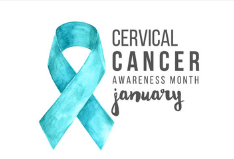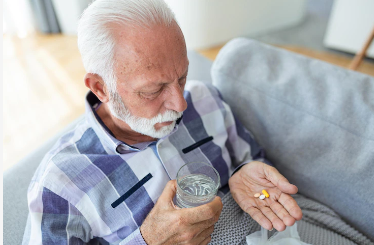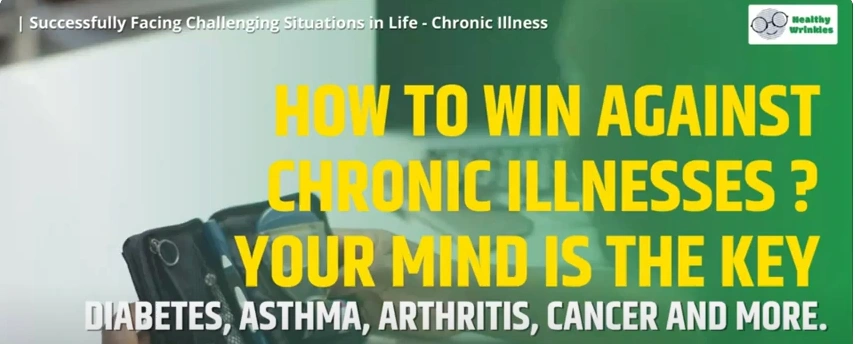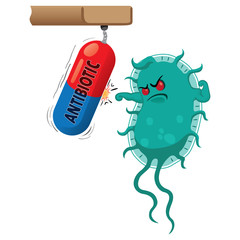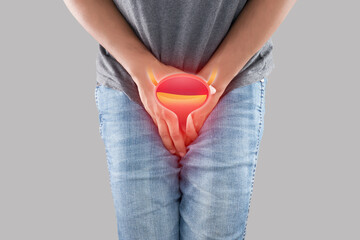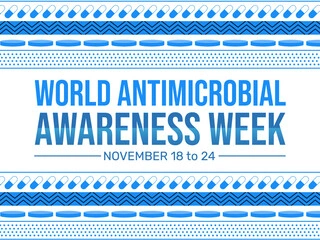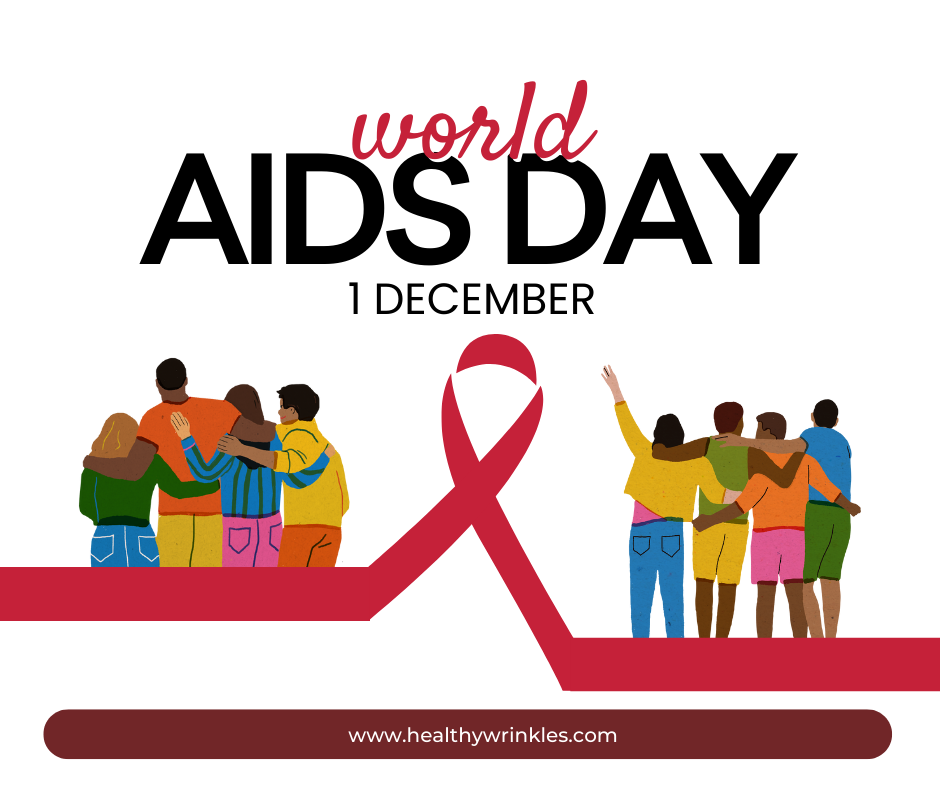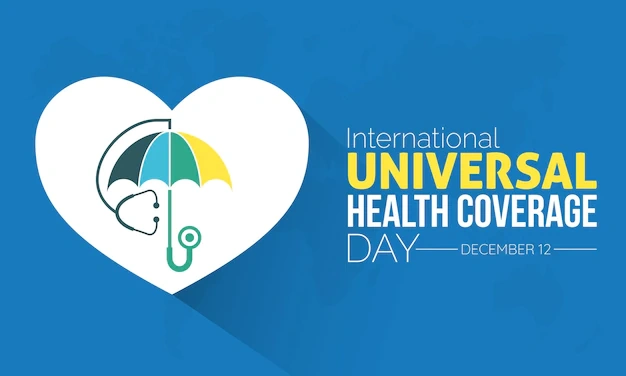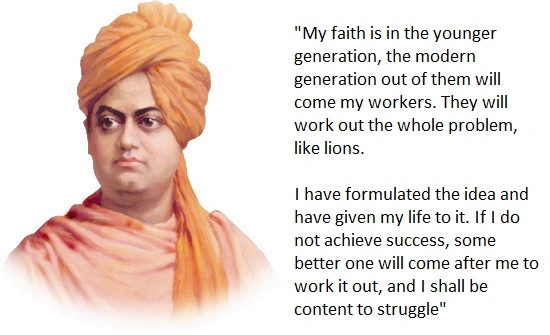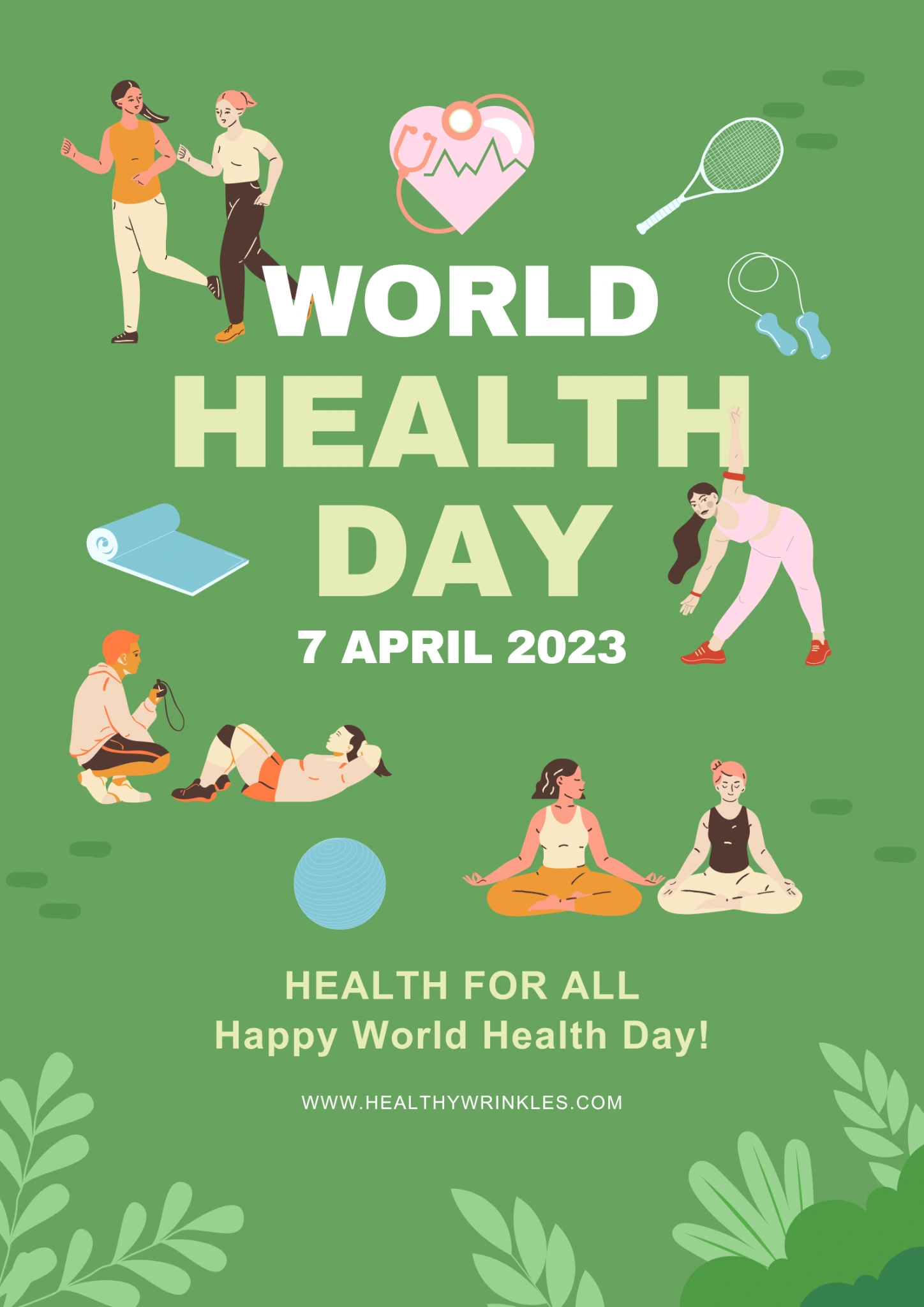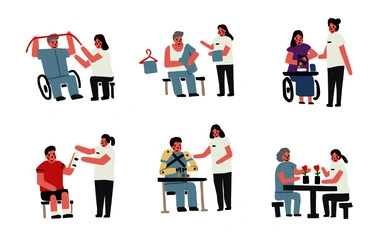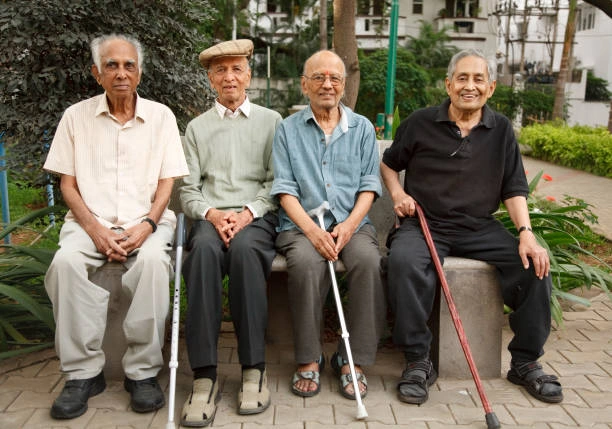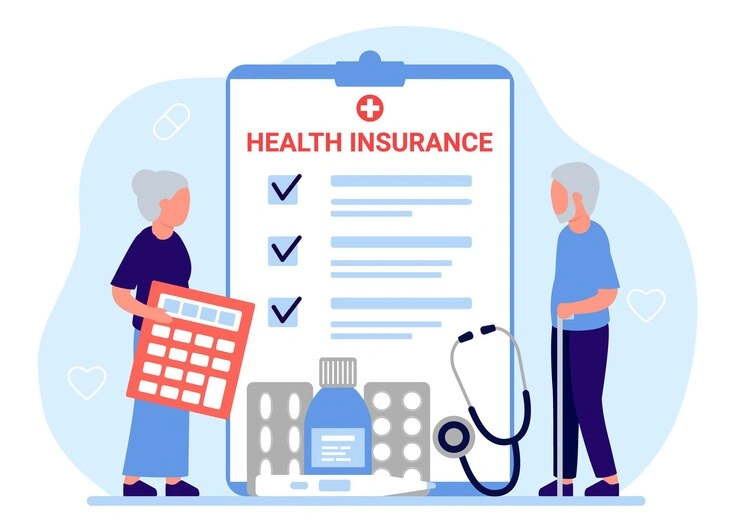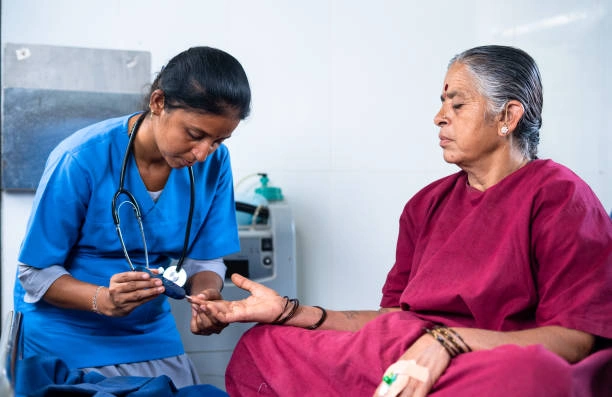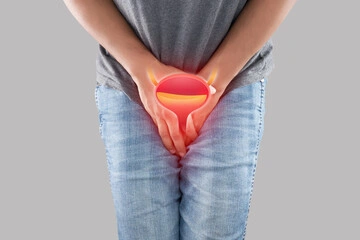Cervical cancer in older women: Does age matter?
01-10-24
Cervical cancer, also known as cervical cancer, is one type of cancer that only affects women. The human papillomavirus is the most common cause of cervical cancer (HPV). A screening test (a Pap test and/or an HPV test) is the only sure method of finding out if you have cervical cancer. Cervical cancer can still strike people over the age of 65, unfortunately. If you are a woman who hasn't had her cervix surgically removed (a hysterectomy), continue to be tested until you are 65 years old.
At age 50, the risk still exists.
Cervical cancer is frequently regarded as a disease of young women. One in every 40 women in their late twenties has a high-grade abnormal result, compared to one in every 200 women aged 50 to 64.
However, while it is more common among younger women, the risk does not go away once you reach the age of 50. Cancers that do develop tend to progress more slowly, which is why women over the age of 50 are only advised for screening every five years.
Is there still a risk of cervical cancer as you get older?
According to research, women over the age of 65 accounts for approximately 20% of cervical cancer cases. This statistic worries some researchers because many healthcare providers discontinue cervical cancer screenings at age 65.
Cervical cancer in older women may go undetected if routine screening is not performed, increasing the risk of a poor outcome.
Screening recommendations for women aged 25 to 65
The American Cancer Society (ACS) recommends the following cervical cancer screening guidelines:
●A primary HPV test every 5 years, or
●A co-test (HPV test and Pap smear at the same time) every 5 years, or
●Every three years, a Pap smear is performed.
Cervical cancer takes several years to develop, so developing it in your twenties is unusual. The majority of cases are discovered between the ages of 35 and 44. Around 20% of cases of cancer of cervix are diagnosed in women aged 65 and up.
You can get the HPV vaccine to reduce your chances of developing cervical cancer. It is also critical to have regular cervical cancer screenings to check your cervix for signs and symptoms of cancer development. Early recognition usually means a greater chance of treatment success and survival.
Source:
https://www.cdc.gov/cancer/dcpc/research/articles/older-women-cervical-cancer-screenings.htm#:~:text=Unfortunately%2C%20you%20can%20still%20get,in%20the%20previous%20five%20years.
https://www.healthline.com/health/cervical-cancer/what-age-cervical-cancer#summary
https://patient.info/news-and-features/are-you-ever-too-old-for-a-smear-test#:~:text=Cervical%20cancer%20is%20often%20thought,disappear%20when%20you%20reach%2050.OT

